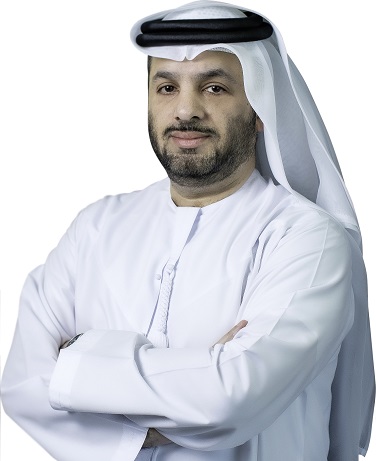Abu Dhabi’s Technology Innovation Institute Unveils First Post-Quantum Cryptography Library in UAE
- Advertisement -
Technology Innovation Institute (TII), the applied research pillar of Abu Dhabi’s Advanced Technology Research Council (ATRC), today announced that its Cryptography Research Centre (CRC) has launched the first Post-Quantum Cryptography (PQC) software library in the UAE.
The library will advance the cryptographic and security capabilities of the emirate of Abu Dhabi and the broader UAE. International and Emirati researchers at Cryptography Research Centre, one of Technology Innovation Institute’s initial seven dedicated research centres, have developed the PQC library, a software library written in the C general-purpose programming language that supports a wide variety of computer architectures and operating systems. A corresponding hardware FPGA-based implementation has also been developed. The library, designed to guard against attacks by quantum computers, has been already integrated in several secure communication products.
- Advertisement -
The library is a collection of algorithms to safeguard confidential data and information. With the rise of quantum computers, classic cryptographic algorithms (in particular, public key / asymmetric algorithms) are no longer sufficient to ensure secure data storage and secure digital communication. To address the demand for an advanced level of security that cannot be compromised even on sophisticated quantum computers, cryptographers are now engaged in developing PQC algorithms.
- Advertisement -
Cryptography Research Centre employs and collaborates with scientists in multiple cryptography fields such as post-quantum cryptography, hardware-based cryptography, lightweight cryptography, cryptanalysis, cryptographic protocols, and cloud encryption schemes, amongst others. The Centre is also among the few internationally that brings together theoretical and applied cryptographers in a research-oriented setting. The cryptographers collaborate on breakthrough research projects that lead to innovative outcomes.
- Advertisement -
Speaking on the announcement, His Excellency Faisal Al Bannai, Secretary General of the Advanced Technology Research Council (ATRC), said: “The United Arab Emirates is now in the same league of countries that possess advanced digital data security capabilities. Our researchers have worked hard to make this revolutionary project a reality. To meet the growing level of sophistication in the world of data, systems and network security, we are currently engaged in many more such ventures for the future. Our researchers are shaping the building blocks of advanced cryptographic and cryptanalytic solutions that enable superior data confidentiality, integrity, authentication, non-repudiation, and privacy.”
Dr Najwa Aaraj, Chief Researcher at the Cryptography Research Centre, said: “Quantum computing capabilities are a potential threat to data security. This fact underscores the importance of the launch of the UAE’s first post-quantum cryptography library to guard against quantum computer attacks. The first release of the library has already been integrated in several secure communication products with advanced cryptographic protocols. Such a library serves as the foundation of any security application or product in development today that integrates public-key cryptography functionality. We will continue to develop the PQC library through incorporating more schemes.”
Technology Innovation Institute is a pioneering global research and development centre that focuses on applied research and new-age technology capabilities. The Institute has seven initial dedicated research centres in quantum, autonomous robotics, cryptography, advanced materials, digital security, directed energy and secure systems. By working with exceptional talent, universities, research institutions and industry partners from all over the world, the Institute connects an intellectual community and contributes to building an R&D ecosystem in Abu Dhabi and the UAE. The Institute reinforces Abu Dhabi and the UAE’s status as a global hub for innovation and contributes to the broader development of the knowledge-based economy.
Source: AETOSWire
- Advertisement -



